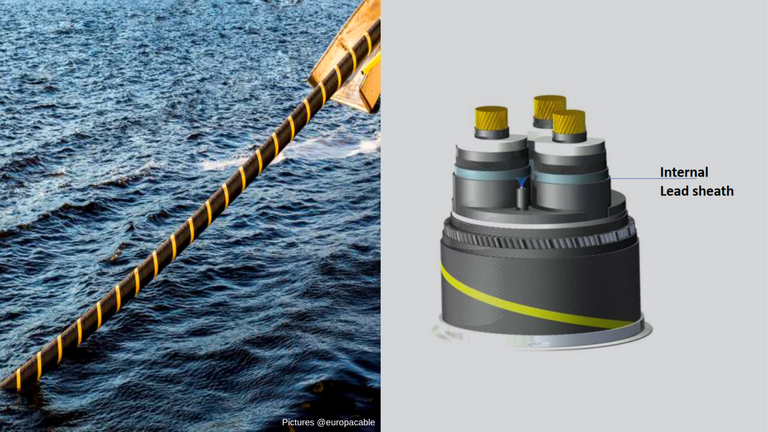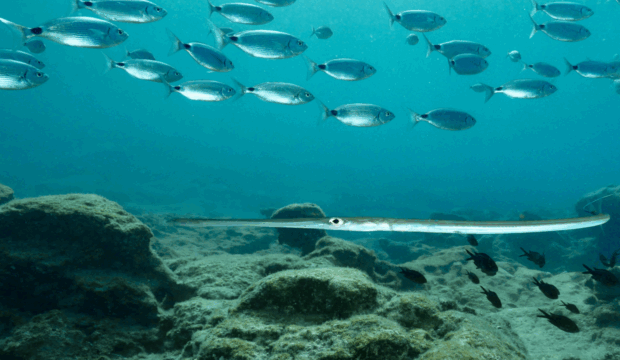RGI calls for balanced approach on inclusion of Lead in Authorisation List under REACH Regulation

The Renewables Grid Initiative (RGI) calls for a balanced approach on the inclusion of Lead in the Authoristation List under the REACH Regulation in view of its needed use in subsea cables. Making Lead subject to extensive authorisation requirements would undermine European decarbonisation efforts and increase European dependence on imports.
On April 29, 2022, RGI released a statement calling for a balanced approach on the inclusion of Lead in the Authoristation List under the REACH Regulation. The statement notes that Lead holds continued importance for concrete applications of the electricity grid, covering its construction, installation, and repair. In some power cables, i.e., high and extra high voltage underground and subsea cables, internal Lead sheathing provides an effective layer of protection, preventing water ingress and corrosion in hostile environments. This allows for durability and extends its expected lifetime. The amount of Lead metal in these applications only accounts for less than 2% of the total Lead consumption in the EU. In addition, safeguards to address potential risks are already in place in European legislation, covering the whole life cycle of electricity cables.
RGI suggests that making Lead subject to extensive authorisation requirements would undermine European decarbonisation efforts and increase European dependence on imports. RGI strongly believes that the swift roll-out of renewable energy sources (RES), especially wind and solar, needs to be coupled with the deployment of the enabling grid infrastructure. Therefore, delivering an accelerated energy transition and building Europe’s energy independence, necessitates high performance electricity cables, connecting RES generation and demand, as well as integrating the internal energy market through interconnections between Member States. To meet the ambitious targets for offshore wind generation, subsea cables connecting windparks to the European electricity grid system are urgently needed. Given the current lack of viable alternatives to internal Lead sheathing, the need for authorisation for the use of Lead in electricity high voltage cables would be disastrous and prevent us from reaching our decarbonisation targets, as well as further increase European dependencies on imports.
RGI recognises that enhanced research and development is needed prior to any decision that could affect domestic production and availability of internally Lead-sheathed cables. For this to happen, adequate time should be made available for the European cabling industry to find technical and commercial alternatives, ultimately resulting in the replacement of Lead with other feasible alternatives. That way the EU will avoid the risk of creating new dependencies as well as, most relevant, exporting pollution and Lead-related risks to regions with looser regulations in place.
RGI notes that it is therefore necessary to find a fitting solution for the European cabling industry, to further move towards energy independency by massively scaling up renewable energy sources, and to strongly contribute to decarbonisation and electrification without exporting risks, impacts and jobs to countries outside of the European Union.
For further information on the use of Lead in power cables, read ENTSO-E’s position paper.
Tags:
Share article:


